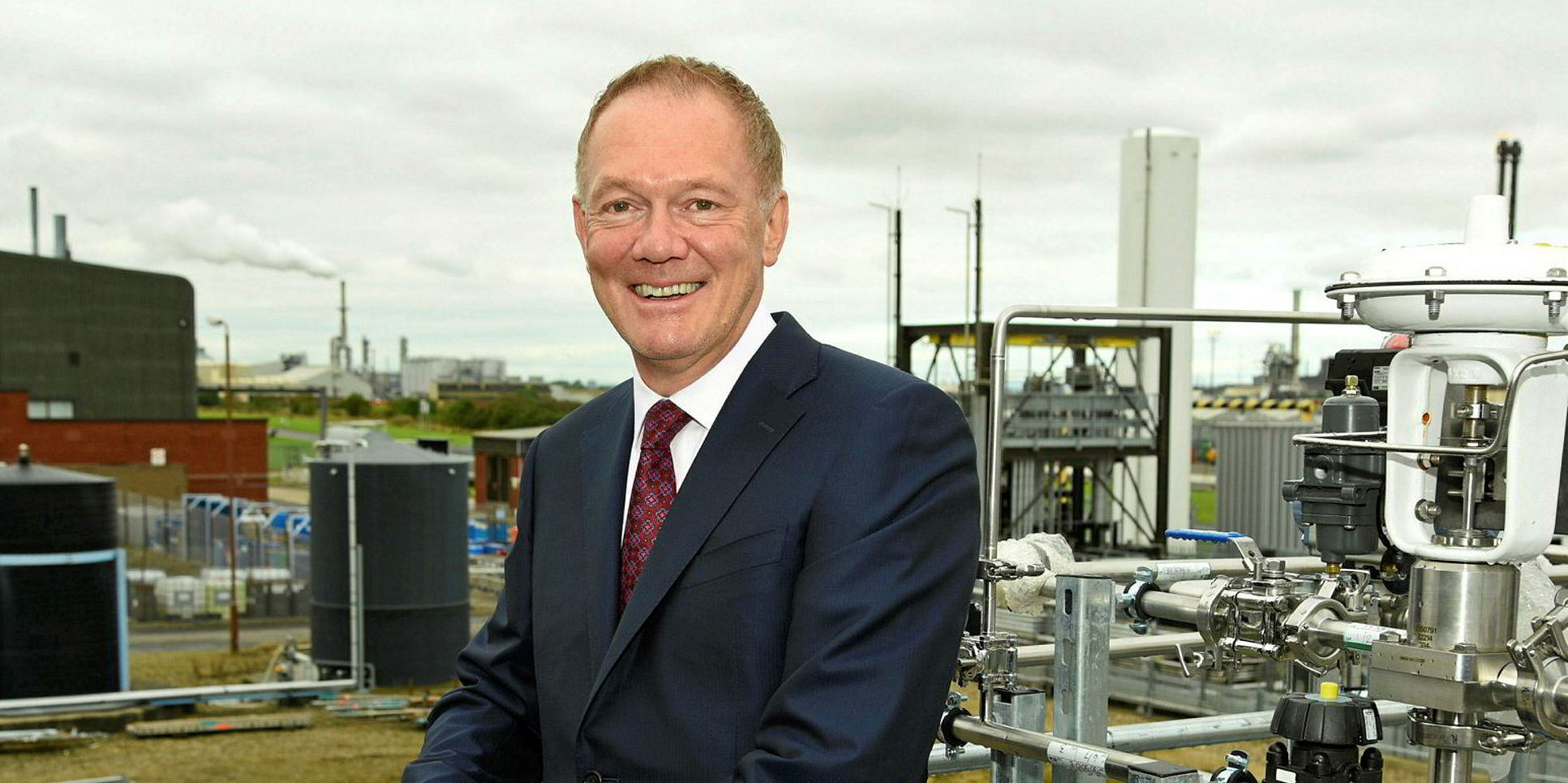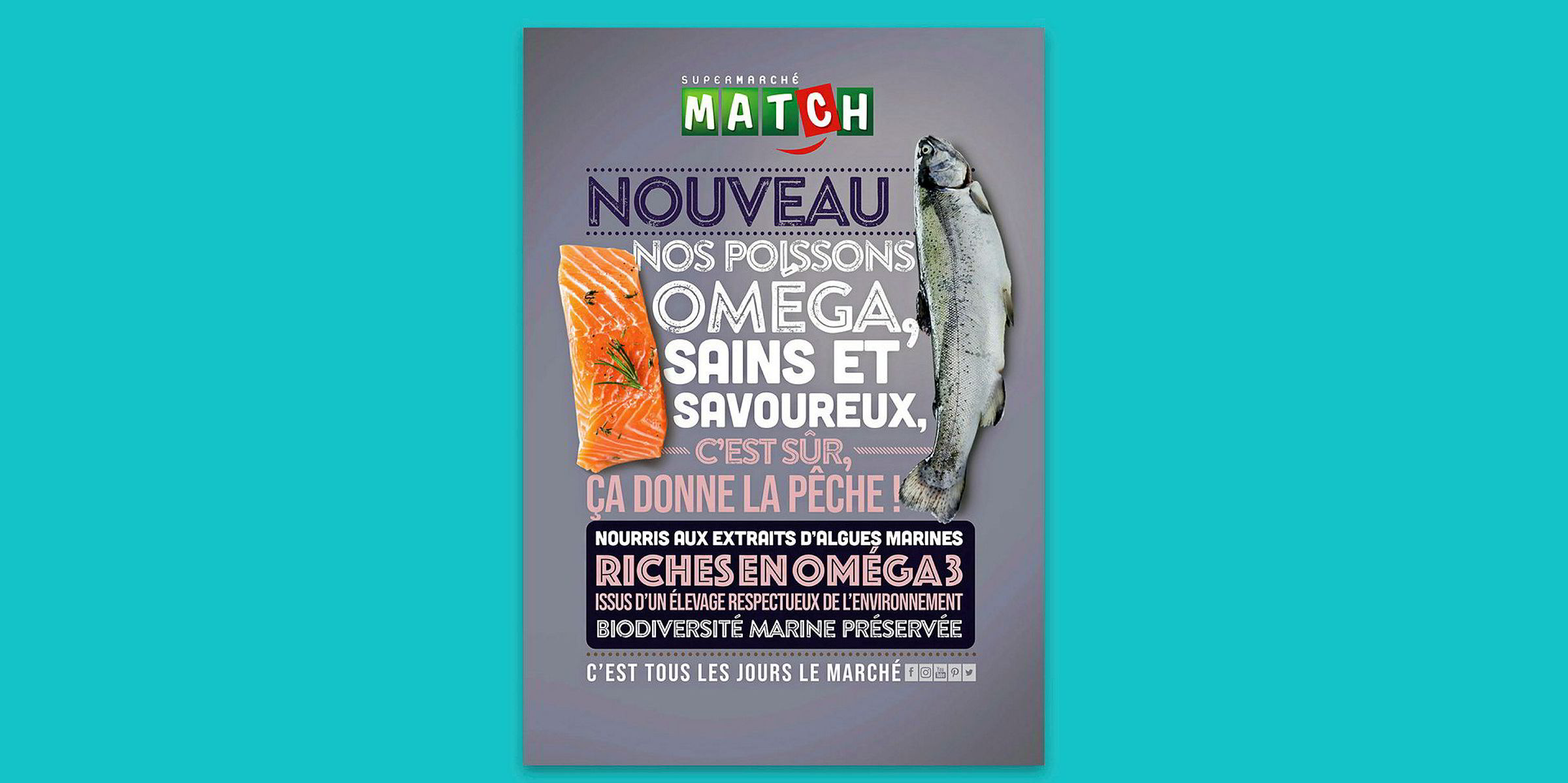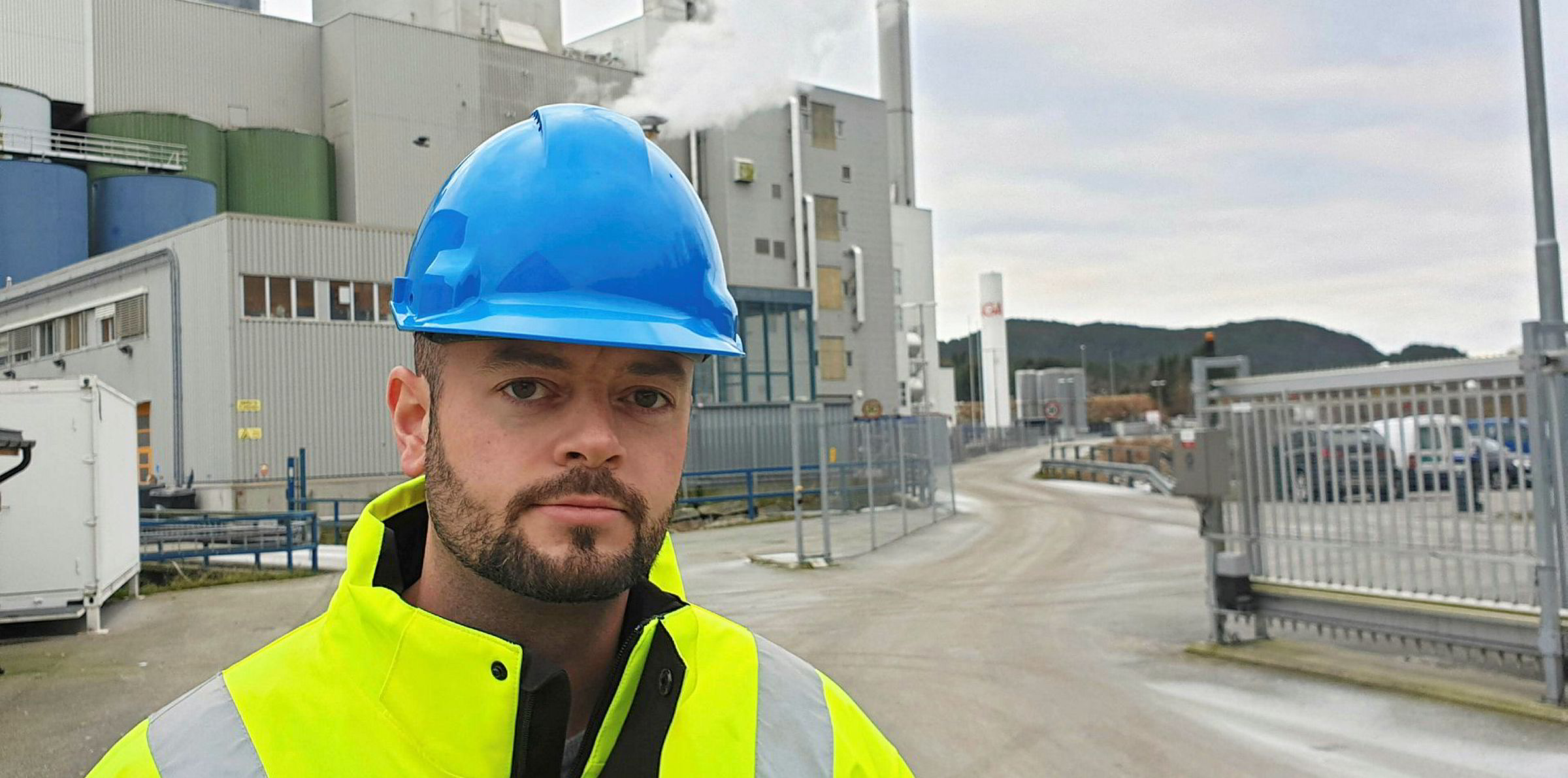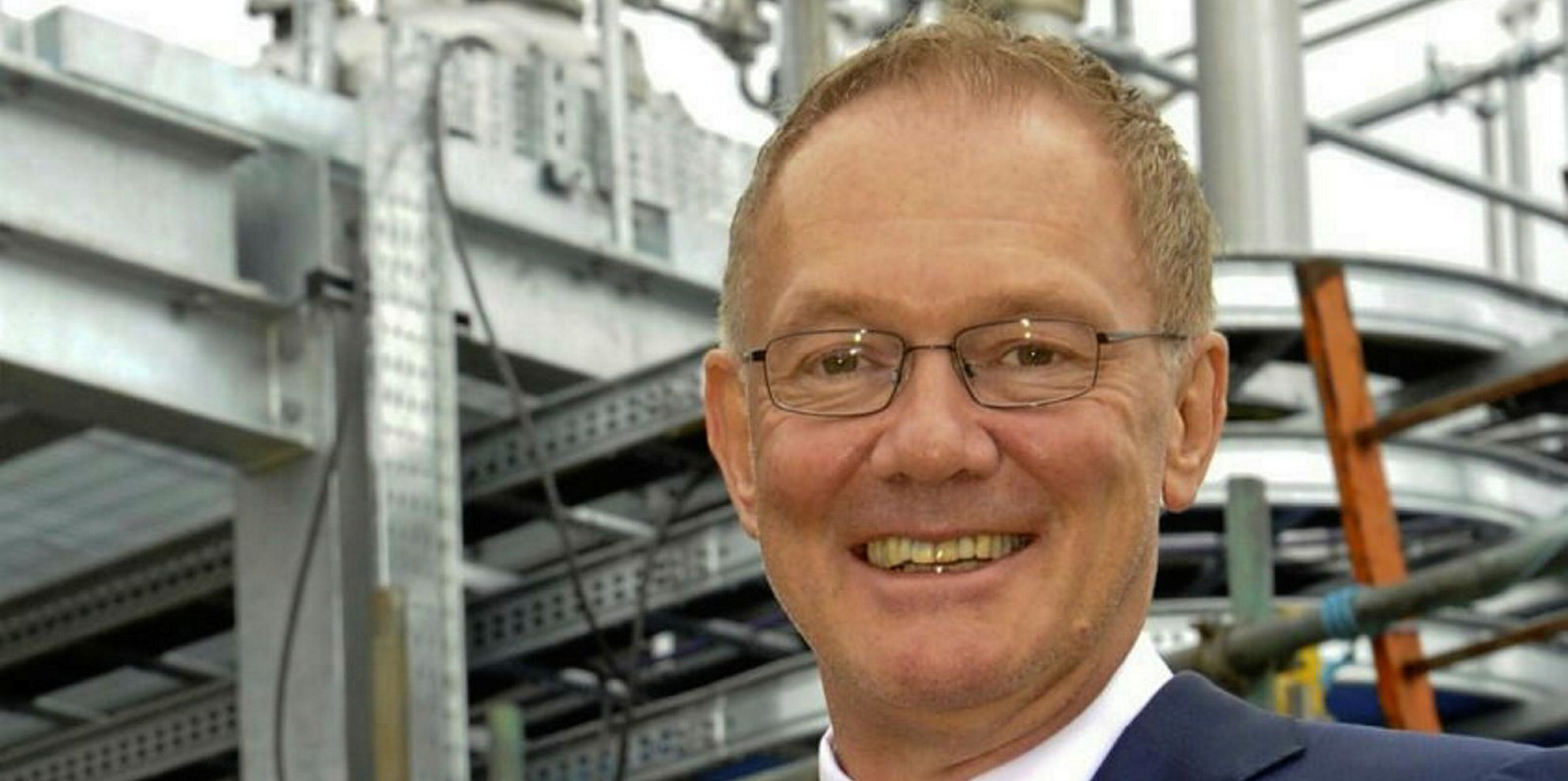US-based alternative feed ingredients firm Calysta inked a joint venture with Chinese feed additives giant Blue Star Adisseo to produce 20,000 metric tons of the trademarked FeedKind protein, a sustainable, traceable nutritional ingredient for fish, livestock and pets.
The joint venture, under the name Calysseo, will construct the first commercial FeedKind facility in China with the capacity to produce 20,000 metric tons of FeedKind protein per year by 2022.
The product will target the Asian market exclusively, with plans to increase production capacity to 100,000 metric tons following expansion.
"Today’s announcement means we are now making the transition from a tremendously exciting idea to one that will deliver truly world-scale impact, making food supply chains more resilient, and making them far more sustainable in the process," Calysta's newly appointed COO Thomas JG Huot said.
The companies have agreed on a 50-50 split of profits.
In June, Venture capital firm BP Ventures, an arm of the British multinational oil and gas company BP said it's investing $30 million (€26.3 million) in Calysta to accelerate the company's development of natural gas fermentation plants that produce ingredients for fish feed.
Shanghai-listed Bluestar Adisseo completed its acquisition of global feed additives producer Nutriad in February 2018, as part of the company's strategy to become on of the worldwide leaders of specialty additives in animal nutrition.
Calysta is aiming to build multiple natural gas fermentation facilities for its trademarked protein at sites around the world, with the long-term goal of producing one million metric tons of the fishmeal alternative over 10 years.
The company nabbed rights to the single-cell protein feed ingredient several years ago. Interestingly enough, the technology was first developed in the 1980s by Norwegian State-owned oil company Statoil, since renamed Equinor.
Private equity firm Aqua-Spark also sees a huge opportunity for alternative ingredients in aquaculture and has also invested in Calysta's single-cell protein, as well as Protix, a company deriving feed ingredients from insects.




